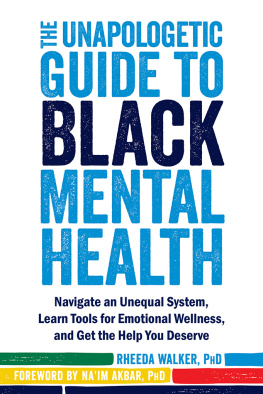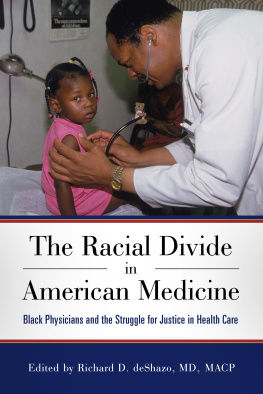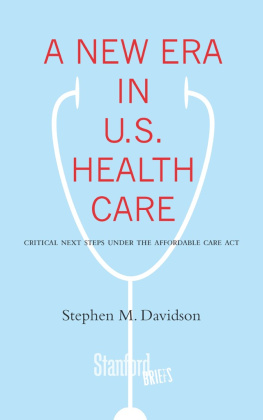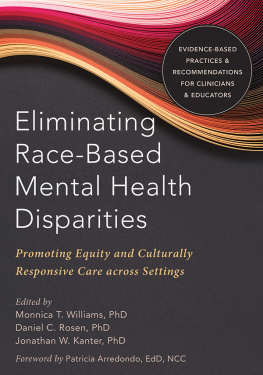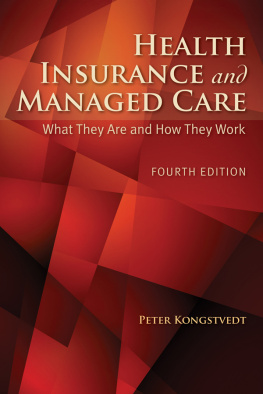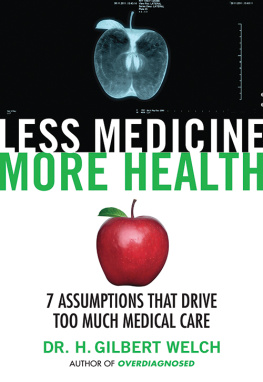References to Internet websites (URLs) were accurate at the time of writing. Neither the author nor New York University Press is responsible for URLs that may have expired or changed since the manuscript was prepared.
For Library of Congress Cataloging-in-Publication data, please contact the Library of Congress.
New York University Press books are printed on acid-free paper, and their binding materials are chosen for strength and durability. We strive to use environmentally responsible suppliers and materials to the greatest extent possible in publishing our books.
By justice a king gives a country stability.
I suspect that many authors who complete their first book find themselves, as I do, with a list of people to thank that is longer, perhaps, than the book itself. Still, I am especially indebted to several whom I could not fail to mention briefly.
Although he will not ever read this work, my dean, mentor, and friend, David H. Getches, inspired this book. He believed in my ideas, and showed me how to be both a scholar and an advocate. I began this course of interdisciplinary study because he gave me the freedom to follow my heart, and I will spend my career in an effort to learn the lessons he taught me by his example. I must also thank Hal Bruff for allowing me regular access to his wisdom as a seasoned and remarkable author, and Chief Justice Michael Bender for his friendship, which sustained me as I began this project more than he will ever know. Fred Bloom, Aya Gruber, and Emily Calhoun stand out among the extraordinary group of colleagues who have supported my work at Colorado Law School and who read drafts, discussed my ideas, and encouraged me at important junctures during my writing. Also, encouragement from members of the academy whom I greatly admireincluding Michelle Goodwin, Clare Huntington, Osagie Obasogie, and Angela Onwauchi-Willigwas invaluable to me.
One of my greatest joys has come from the welcome I received from the faculty at the University of Colorados Institute of Behavioral Sciences as I embarked upon the journey to explore a new body of literature and knowledge when I began my sabbatical in 2011. I am grateful to Dick Jessor, Stefanie Molborn, and Michael Radelet especially for sharing their brilliance and passion for the social sciences with me. I will never be able to repay Jeff Luftig for taking the time to painstakingly review statistical methods and teach me to read social science literature critically, one article at a time. These are only a few of my university colleagues who have given true meaning to the importance and magic of interdisciplinary study.
I was able to interview the wonderful, national cross-section of physicians for this project in large part because of the help and access that Ceeya Bolman generously gave to me, sharing her incredible circle of influence. I also cannot adequately thank my friends from the Delta Eta Boul who made calls, cajoled friends, and volunteered their time to ensure that I had patients from across the country to speak to about their experiences. Truly, their stories are the heart of this project.
I benefited greatly from the research assistance of several fine law and graduate students. Zach Ahmed, Michelle Brown, Jon Hoisted, Shannon OKeefe, George Williams, IV, and Alex White, however, went above and beyond, helping me review earlier drafts line by line and test early versions of my ideas, precept upon precept.
I have a number of remarkable women whom I am privileged to count as my close friends. Among them, I thank Alicia Bassauk, Judy Erickson, Dr. Janet Palmer, and Amelia Peterson, who have been in so many ways my co-laborers in this project and without whom, I would not have completed this book. And finally, I thank Cecelia Cancellero for believing in this project from the beginning and for patiently sharing her talent to help me bring it to fruition.
I am blessed with three brilliant childrenGriffin, Thomas, and Mariwho read and commented on my drafts, scowling at some ideas and cheering at others; they vigorously challenged my thinking, and celebrated my victories small and large along the way. I wrote in part to try to keep pace with their intellectual curiosity, social justice insights, and admirable development as scholars in their own right. I close my acknowledgment by thanking the people for whom no thank you could adequately convey my deep appreciation or affection for what they have given to me and to this project. First, my dear life partner and best friend, my husband, Thomas; second, my brother, Vincent, who has believed in me longer than anyone on earth; and third my parents, Marion and Vincent Bowen, who imparted an optimistic desire to contribute to justice for all in America and modeled the belief that every one of us is responsible to contribute to making that vision a reality. I am eternally grateful.
The New Normal
For the past thirty years, medical doctors, social scientists, psychologists, policy analysts, jurists, and a wide spectrum of health care providers have been studying and discussing health inequality in America. Meanwhile, by one estimate, 83,570 minority patients die annually due to health care disparities. education, geography, and socioeconomic status.
Researchers have identified numerous structural and individual determinants of these disparities at all levels. These include socioeconomic circumstances such as poverty, inferior education, and segregated housing conditions along with lack of access to healthy food choices or recreational facilities; systemic and organizational contributors such as medical practice settings and sources of insurance; and geographic proximity to care. The economic and social conditions called social determinants of health often drive patient-specific contributors to poor health such as poor family health history, diet, and low physical activity. All have been shown to contribute to the disparity of health outcomes experienced by ethnic and racial minority patients in the United States. However, this book is about the single most important determinant of health disparities that is not being widely discussed in straightforward terms: this determinant is racial and ethnic discrimination against minority patient populations, an uncontrovertibly significant contributor to health inequality.
The evidence that the majority of Americans involuntarily harbor anti-minority prejudices makes it impossible, even immoral, not to examine the impact of unconscious racism on health and health care. Therefore, this book makes a thorough examination of the scientific evidence that does exist to confirm that providers discriminate against patients and patients discriminate against providers. This cycle of discrimination produces inequality throughout the health care system. The inequality itself is not news. But the fact that it is avoidable challenges the complacency that allows the racial and ethnic discrimination that produces them to persist. This book calls for providers, patients, scientists, and jurists to face the uncomfortable truth that although overt racism, prejudice, and bigotry may have subsided in America, racial and ethnic injustice, unfairness, and even segregation in American health care have not. The most tragic proof that racial and ethnic injustice is alive and well is the phenomenon we politely call health disparities. The message of this book is that a significant cause of these health disparities is the unconscious racial and ethnic bias that infects our delivery system. Implicit racial and ethnic biases in health care are harmful, avoidable, and unjust. This book charts a way to deal with health and health care disparities as injustices, not merely as inevitable byproducts of human nature or a phenomenon subordinate to biological and social differences. Instead, the argument made here is that health inequality due to unconscious discrimination is a structural malady in need of a systemic cure.


